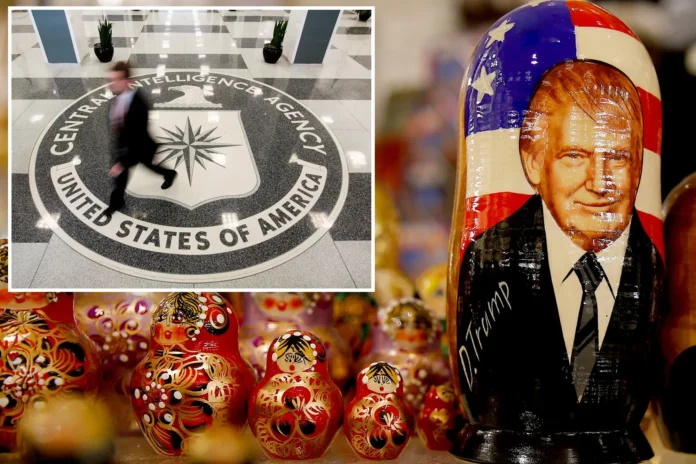A new report claims that U.S. intelligence agencies asked their international spy partners to monitor 26 people connected to Donald Trump’s 2016 presidential campaign. This alleged surveillance reportedly led to the controversial accusations of collusion between Trump’s team and Russia.
The details come from a report published by independent journalists Michael Shellenberger, Matt Taibbi, and Alex Gutentag on Shellenberger’s Substack platform. The claims, however, remain unverified by major outlets, including The Post, and rely on unnamed sources.
According to the report, former CIA Director John Brennan personally identified these Trump associates as targets and shared the list with the intelligence communities of the “Five Eyes” alliance. This group includes the U.S., UK, Canada, Australia, and New Zealand, which work closely to share intelligence.
Sources familiar with the matter allege that these individuals were targeted for “bumping”—a term used in the intelligence world to describe creating opportunities to meet with a person to gather information or build a relationship. The report suggests that Trump associates were approached by intelligence operatives from various countries, including the UK, Australia, and even Israel.
For instance, Britain’s intelligence agency, GCHQ, was reportedly engaging with Trump campaign members as early as March 2016. However, a GCHQ spokesperson denied allegations of any wiretapping or improper activities, calling them “nonsense.”
The controversy doesn’t stop there. The report mentions a mysterious “10-inch binder” allegedly containing evidence that several U.S. intelligence officials may have broken laws by spying on Americans and interfering in the election. Former President Trump reportedly ordered this binder to be declassified during his final days in office, but its current location is unknown.
The law prohibits warrantless surveillance of American citizens, yet past incidents have fueled skepticism. For example, an FBI lawyer was sentenced to probation in 2021 after admitting to altering an email related to a wiretap on Carter Page, a former Trump campaign adviser. The wiretap was initially approved based on suspicions that Page might have been targeted by Russian intelligence, though these claims were later questioned.
Last year, Special Counsel John Durham concluded after a four-year investigation that the FBI’s probe into alleged Trump-Russia collusion was deeply flawed and lacked substantial evidence.
These new claims are sure to reignite debates over election interference, intelligence ethics, and political accountability. As the story develops, the allegations raise more questions than answers about the actions taken by intelligence agencies in one of the most contentious elections in modern U.S. history.





